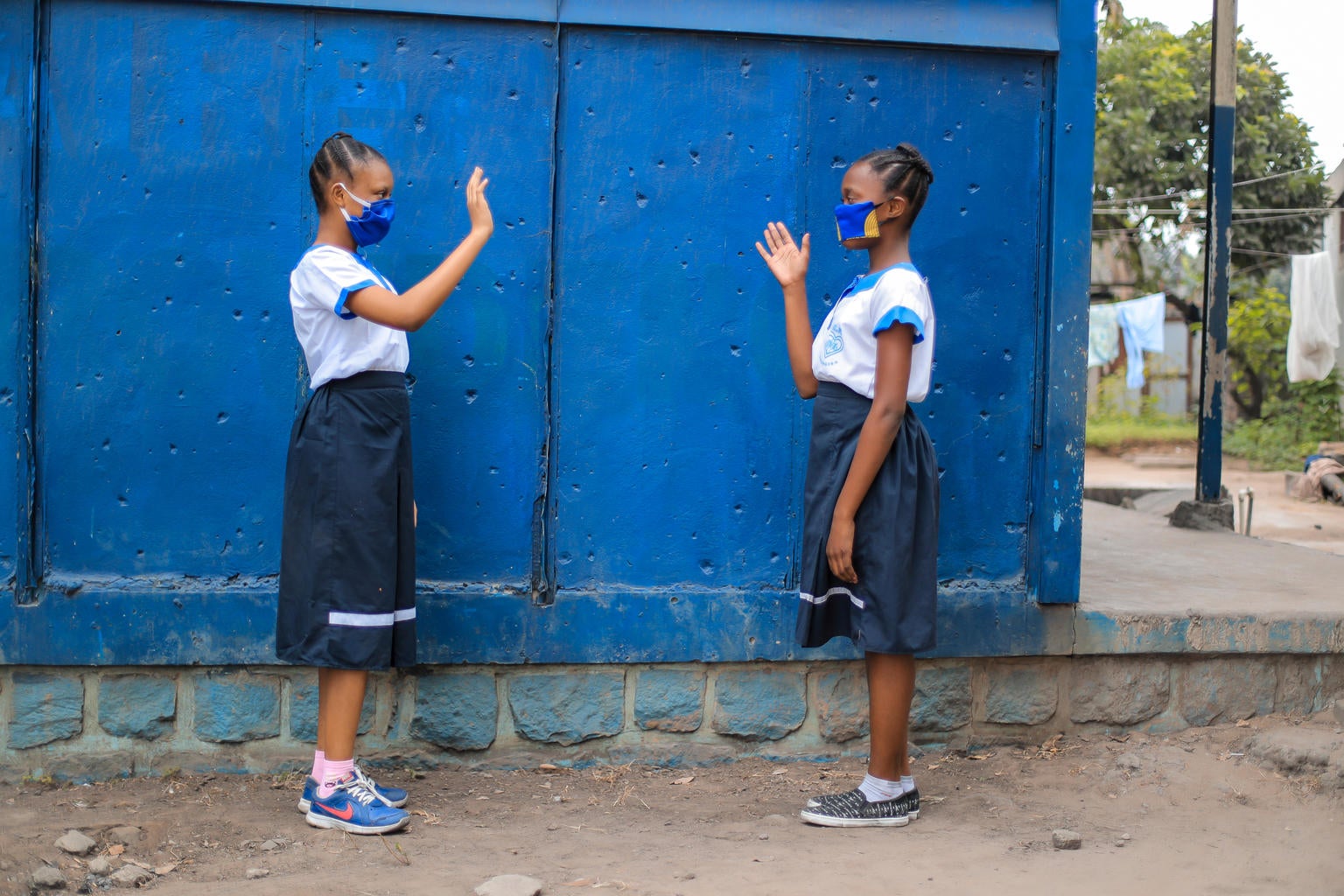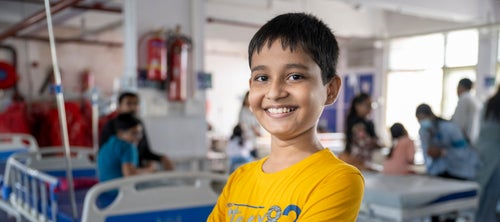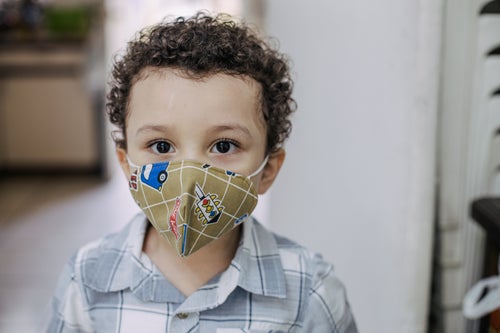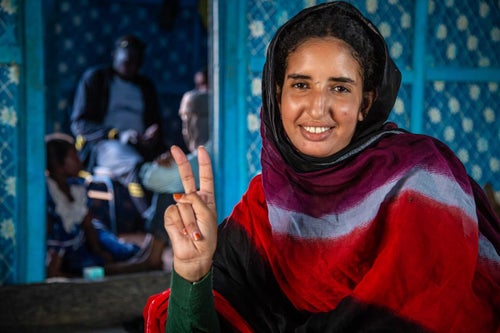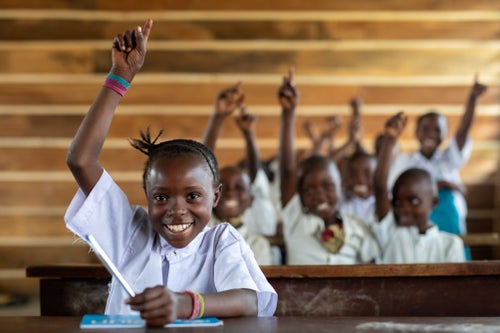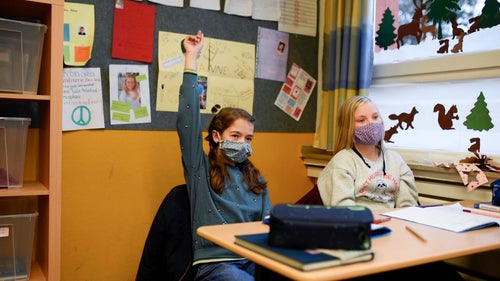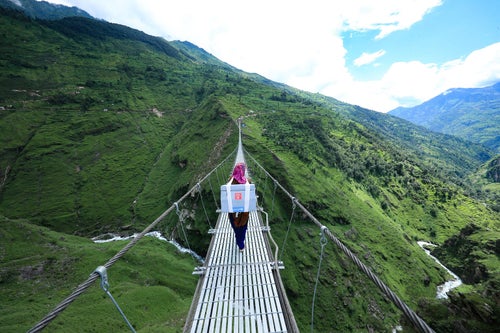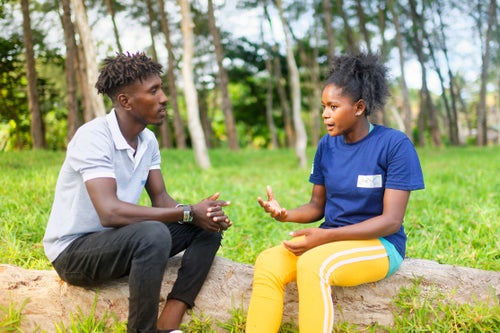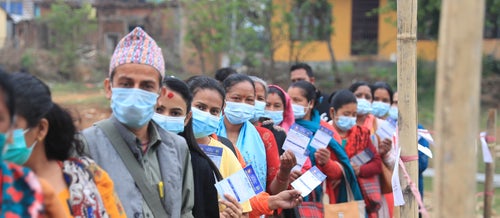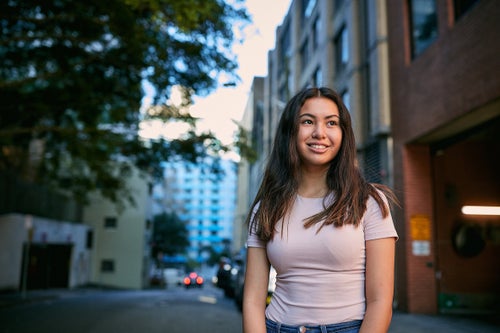“I’m happy to be back in school,” says Koko, 12, a sixth-grade student at a UNICEF-supported school in the Democratic Republic of the Congo (DRC).
Last month, schools across the country reopened their doors to allow students in the final years of primary and secondary school to take their exams. This is what it looked like.
The return to school has be an important and welcome step after months of remote learning. At the height of lockdowns, COVID-19 forced countless schools across the globe to close their doors, affecting nearly 1.5 billion children. This can have a severe impact on a child’s ability to learn – the longer they are out of school, the less likely they are to return.
"When I imagined missing this school year, I was very sad"
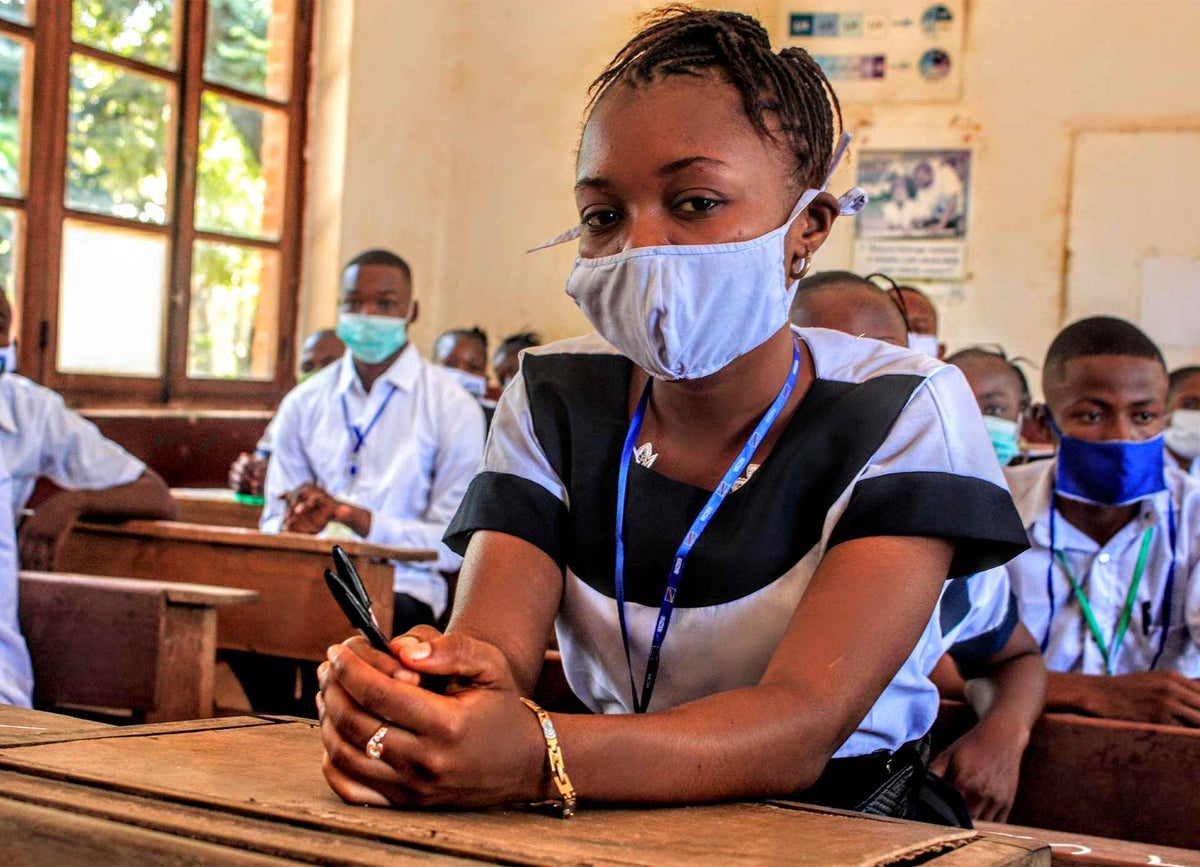
Around the world, children are slowly starting to return to the classroom. Out of 134 countries that have closed their schools, 105 have decided on a date to reopen. For students in the DRC, they were able to return in August to sit their end of year exams, a welcome decision for many.
"I couldn't believe it at all"
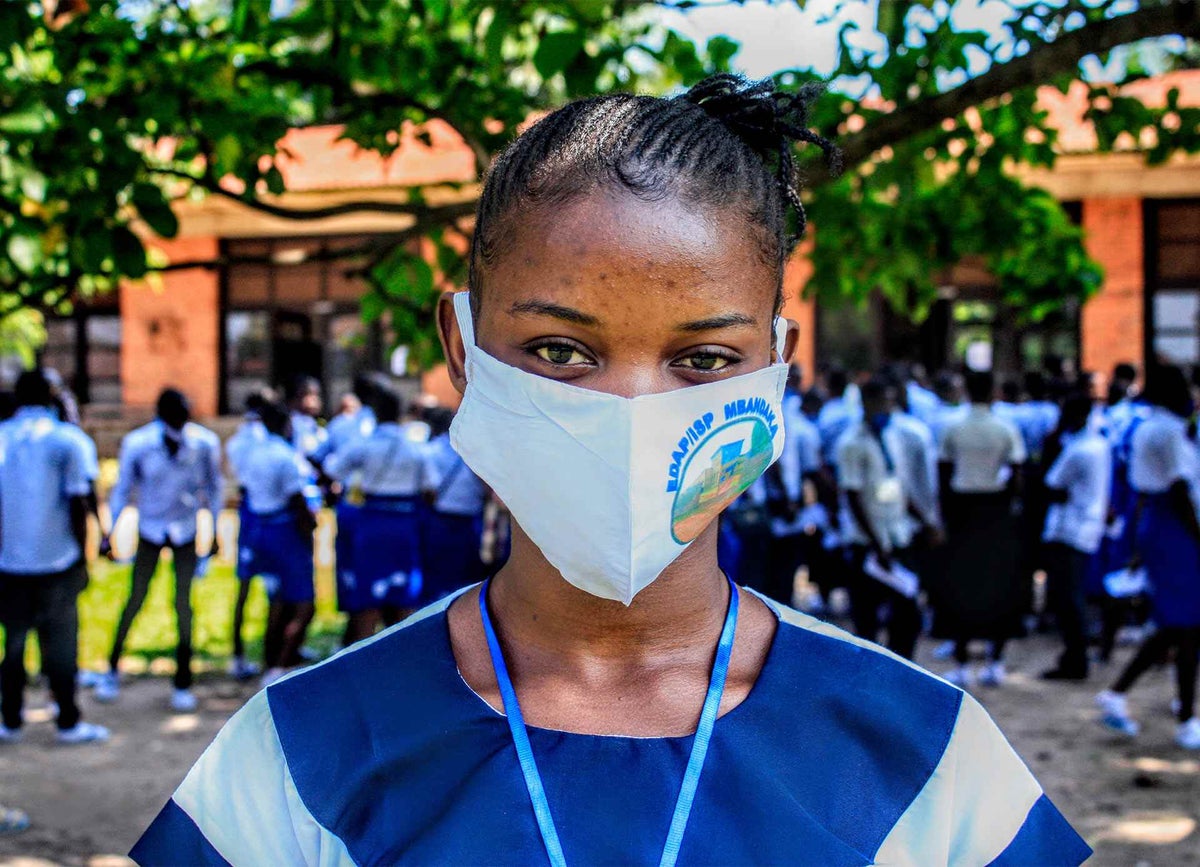
But school is looking a little different than before the pandemic. Masks, psychical distancing and increased handwashing have all become new routines.
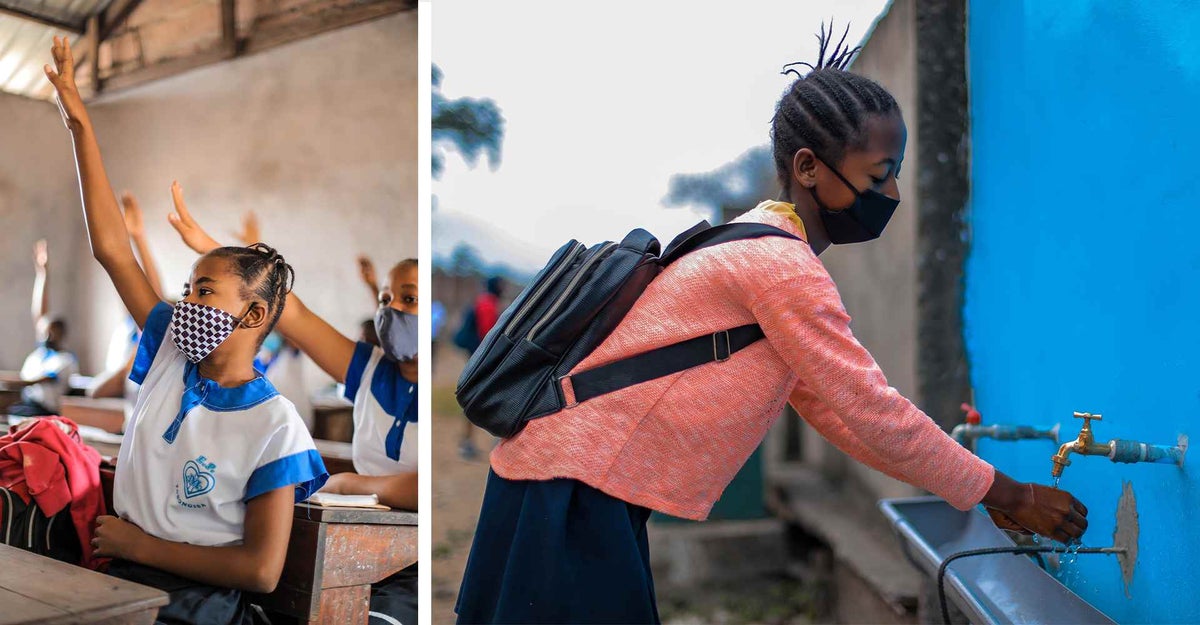
UNICEF has provided hand-washing devices, thermometers, soap and masks to ensure a safe and healthy environment for all children, and to limit the spread of COVID-19.
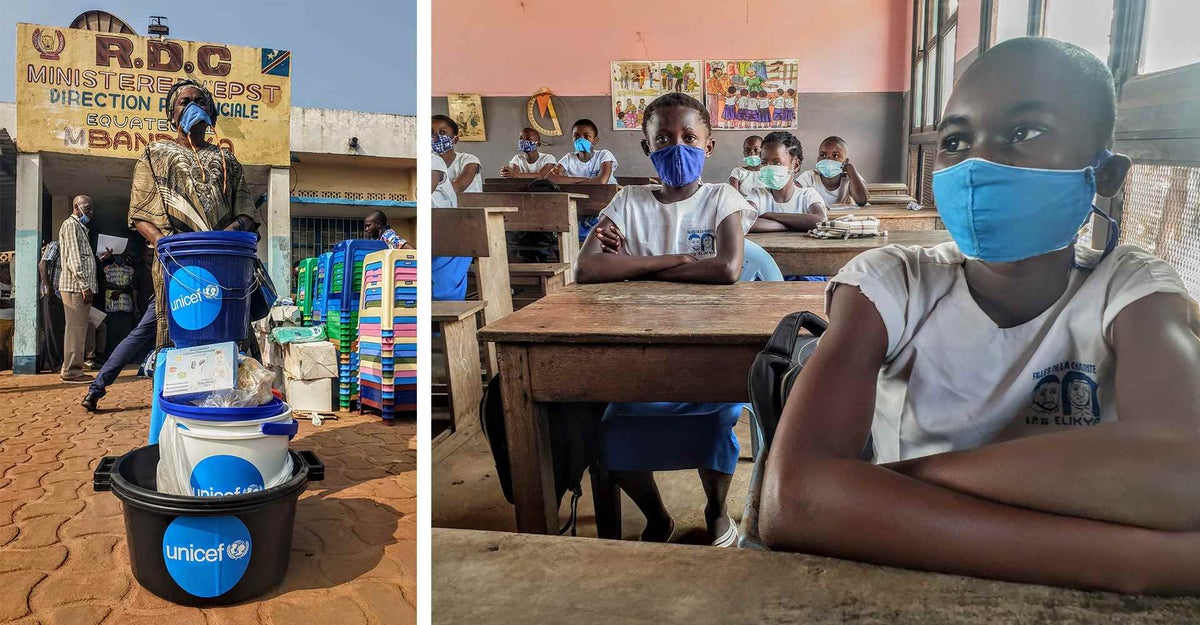
Yet, many schools around the world remain closed, leaving children to continue their education remotely. Learning from home isn’t equal for everyone. At least a third of the world’s schoolchildren have been unable to access remote learning when schools closed their doors earlier this year. Many are struggling to keep up without access to the internet or digital services.
During COVID-19, UNICEF Australia is providing immediate relief and advocating for children to help them recover, rebound, reimagine and create a stronger future.
DONATE NOWRelated articles
Stay up-to-date on UNICEF's work in Australia and around the world



